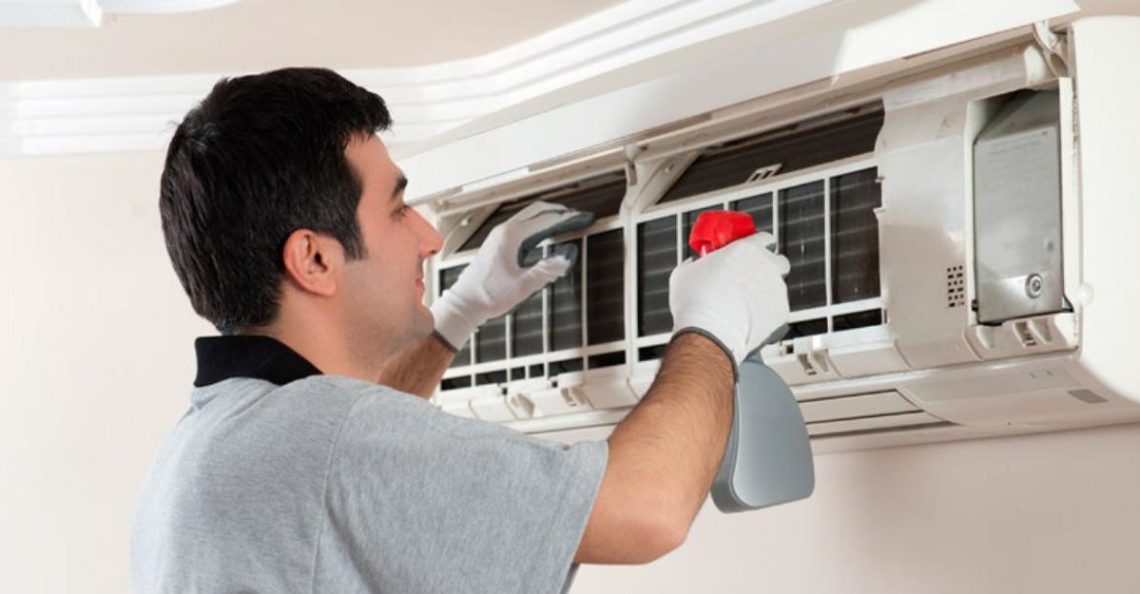
Maintenance Tips to Extend the Lifespan of Your Wall-Mounted AC Unit
Saving energy with your air conditioning unit not only helps reduce your utility bills but also contributes to environmental conservation. Set your thermostat to the highest comfortable temperature in summer. Each degree you raise the thermostat can save up to 3% on cooling costs. Consider Air Conditioning Installation using a programmable thermostat to automatically adjust temperatures when you’re away or asleep.
Regular Maintenance: Ensure your Air Conditioning Installation receives regular maintenance. Clean or replace filters monthly during peak usage periods to maintain airflow and efficiency. Schedule professional maintenance annually to check for leaks, clean coils, and optimize performance.
Seal Leaks and Insulate: Inspect your home for air leaks around doors, windows, and ducts. Seal any leaks with weatherstripping or caulking to prevent cool air from escaping. Proper insulation in walls, ceilings, and attics helps maintain indoor temperatures and reduces the workload on your AC unit.
Utilize Fans: Ceiling fans or portable fans can help circulate air and create a wind-chill effect, allowing you to raise the thermostat without sacrificing comfort. Remember to turn off fans when you leave the room to save energy.
Close Curtains and Blinds: During the hottest parts of the day, close curtains, blinds, or shades to block out sunlight and reduce solar heat gain. This helps maintain cooler indoor temperatures and reduces the workload on your air conditioner.
Limit Heat Generation: Appliances such as ovens, stoves, and clothes dryers generate heat, forcing your air conditioner to work harder. Minimize their use during the hottest parts of the day, opt for energy-efficient models, and consider air-drying clothes whenever possible.
Utilize Natural Ventilation: Take advantage of cooler evening or early morning temperatures by opening windows and allowing natural ventilation to cool your home. Use window fans to draw in cooler air and exhaust warm air.
Upgrade Insulation and Windows: Investing in energy-efficient windows and additional insulation can further reduce heat transfer, keeping your home cooler in summer and reducing the workload on your air conditioner.
Schedule Off-Peak Usage: If your utility offers time-of-use pricing, consider scheduling energy-intensive tasks, such as running your dishwasher or doing laundry, during off-peak hours when electricity rates are lower.
You May Also Like

Facing Financial Hardship? Sell Your House Fast for Relief
September 21, 2024
The Benefits of Using 2D Motion Graphics in Educational Content
August 10, 2024


